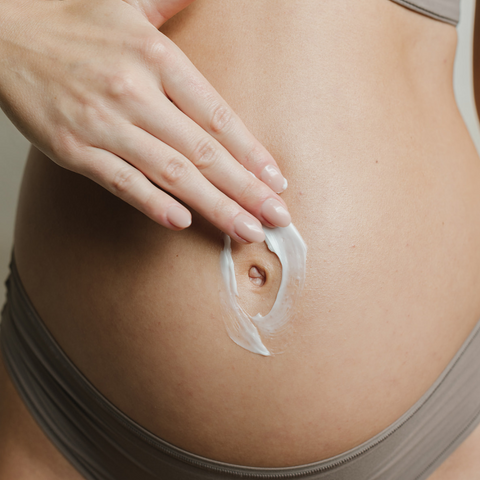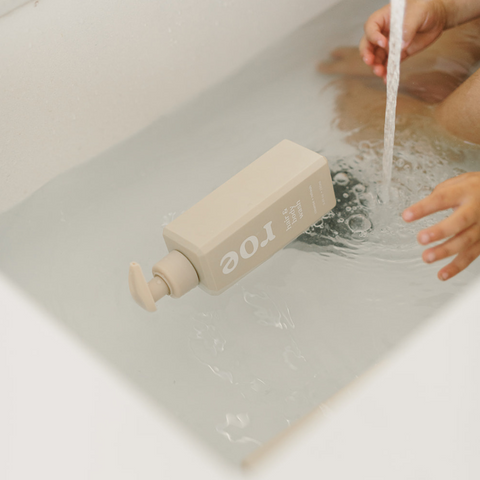Welcoming a new member into the family brings immense joy, along with a flurry of responsibilities. Among these, caring for your baby's delicate skin is a top priority. As you stroll down the baby care aisle, the array of skincare products can be overwhelming. Fear not! In this blog post, we'll decode baby skincare labels, empowering you to make informed choices for your little one.

Understanding Key Terms:
- Hypoallergenic:
- Look for products labeled "hypoallergenic," indicating they are less likely to cause an allergic reaction.
- Keep in mind that individual sensitivities vary, so it's wise to perform a patch test before widespread use.
- Fragrance-Free vs. Unscented:
- "Fragrance-free" means the product contains no added scents.
- "Unscented" products may contain fragrance-masking agents to neutralize odors. If your baby has sensitive skin, opt for fragrance-free options.
- Paraben-Free:
- Parabens are preservatives that can potentially disrupt the endocrine system.
- Choose products labeled "paraben-free" for a more natural skincare approach.
- Dye-Free:
- Artificial dyes can be harsh on sensitive skin.
- Opt for products labeled "dye-free" to minimize the risk of skin irritation.
- Pediatrician Recommended:
- Products with this label have undergone testing and approval by pediatricians.
- While this is a positive indicator, it's still essential to check the ingredient list for potential allergens.

Key Ingredients to Look For:
- Gentle Cleansers: Look for mild cleansers like chamomile or calendula that cleanse without stripping natural oils.
- Natural Oils: Products containing natural oils such as almond oil or jojoba oil can provide gentle hydration.
- Shea Butter or Cocoa Butter: These ingredients are excellent for moisturizing and soothing dry, sensitive skin.
- Aloe Vera: Known for its soothing properties, aloe vera can help calm irritated skin.
- Vitamins (A, C, E): These vitamins contribute to skin health and can be found in various baby skincare products.
- Ceramides: These lipids help maintain the skin's natural barrier, promoting hydration.

Reading the Fine Print:
- Check for Allergens: Be vigilant about potential allergens such as nuts, dairy, or soy in the ingredient list, especially if your baby has known allergies.
- Expiration Date: Skincare products have a shelf life. Check the expiration date to ensure effectiveness and safety.






